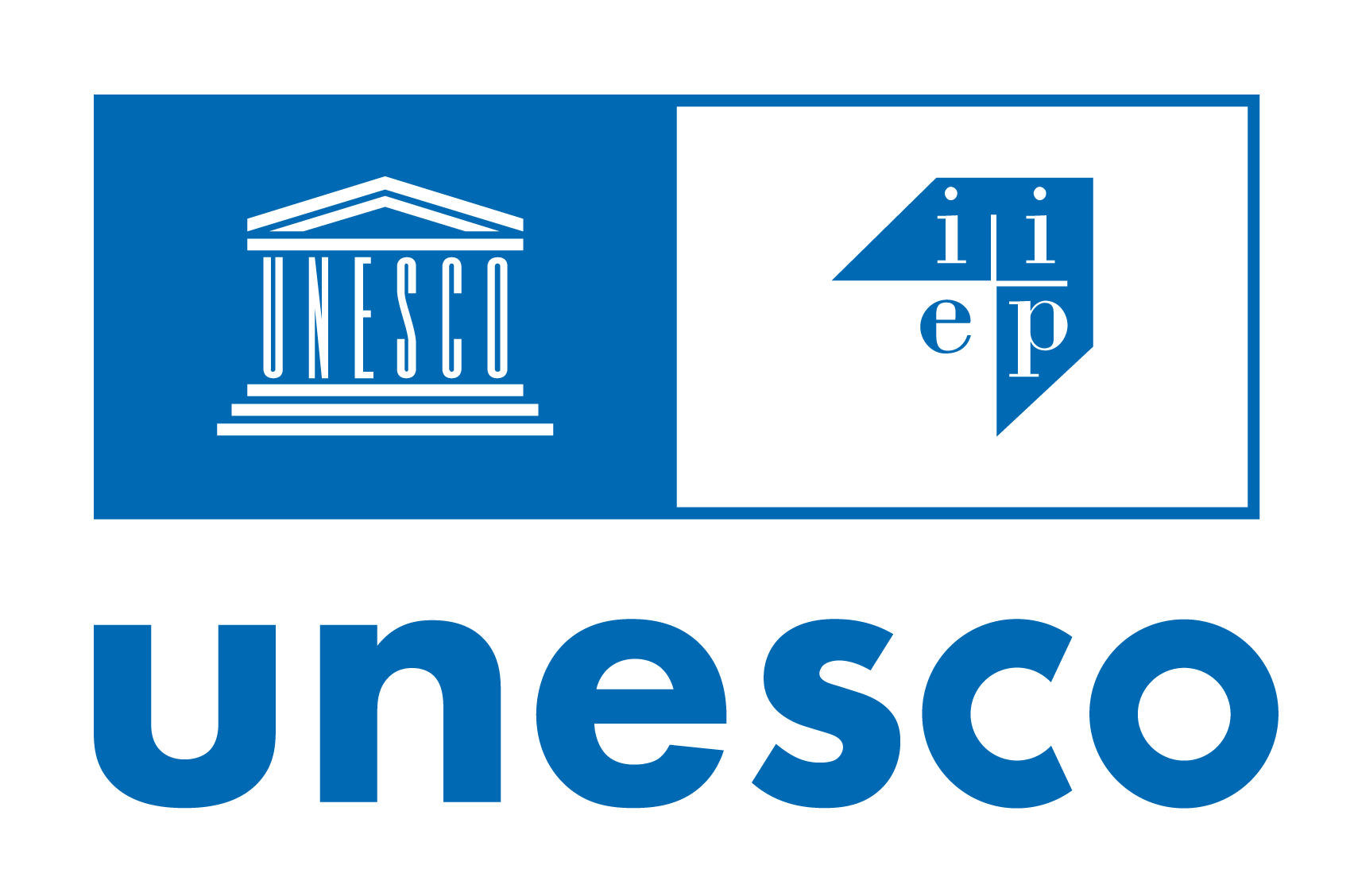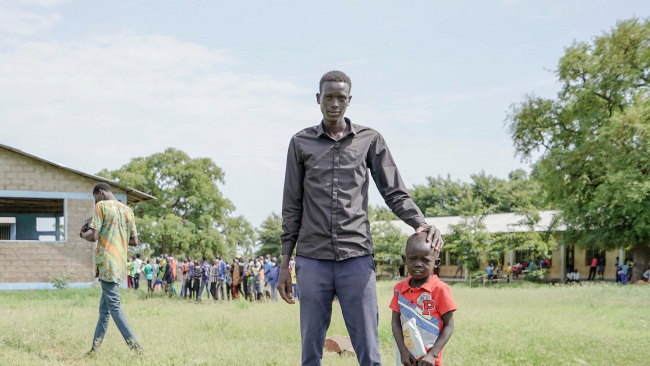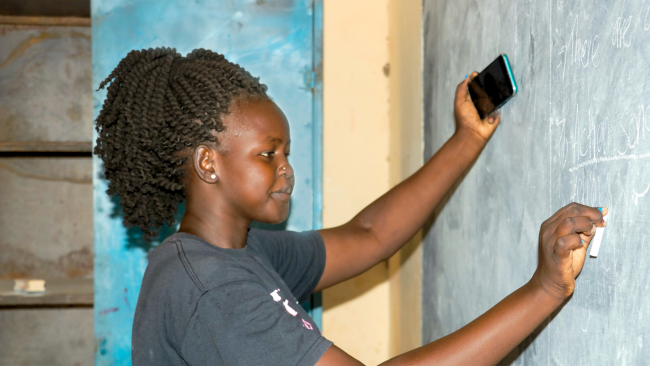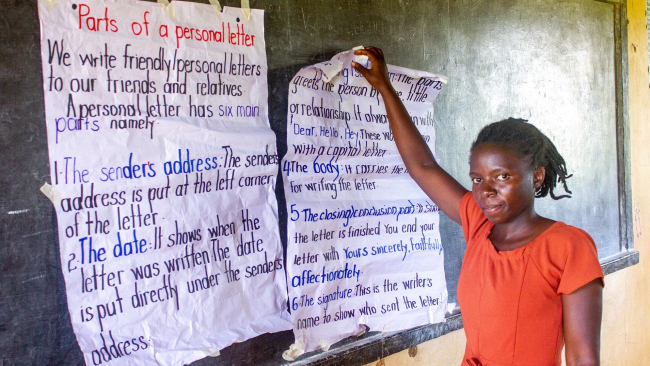As part of UNESCO’s efforts to promote cultural diversity and intercultural dialogue, this study was initiated in order to gain a better understanding on cultural identity’s uses and abuses, as corollary of diversity. For a cultural identity to be more than just a slogan, it must evolve creatively over time. Since relations between groups are always evolving, the challenge is how to guide this evolution in a creative and sustainable manner. This is the key to the idea of sustainable dialogue, which prepares people to recognize, appreciate, criticize and celebrate cultural diversity in all its forms.Based on experiences of communal conflict in Botswana, Lesotho, South Africa and Zimbabwe, the study explores cultural diversity and conflict prevention and resolution practices. It seeks to enrich our understanding of the role played by cultural expressions and identities in triggering or exacerbating conflicts based on factors of nationality, ethnicity, religion or language. Furthermore, the study explores the viability of tools and resources available to foster intercultural dialogue and thereby prevent or resolve conflicts between different cultures. More precisely, it makes suggestions regarding the establishment of an Observatory or a Network of observers that would be responsible for analysing the ways in which cultural diversity could be seen as an asset in Southern Africa and beyond.
Année
2008
Pages
248 p.
Type de ressource
Langues





